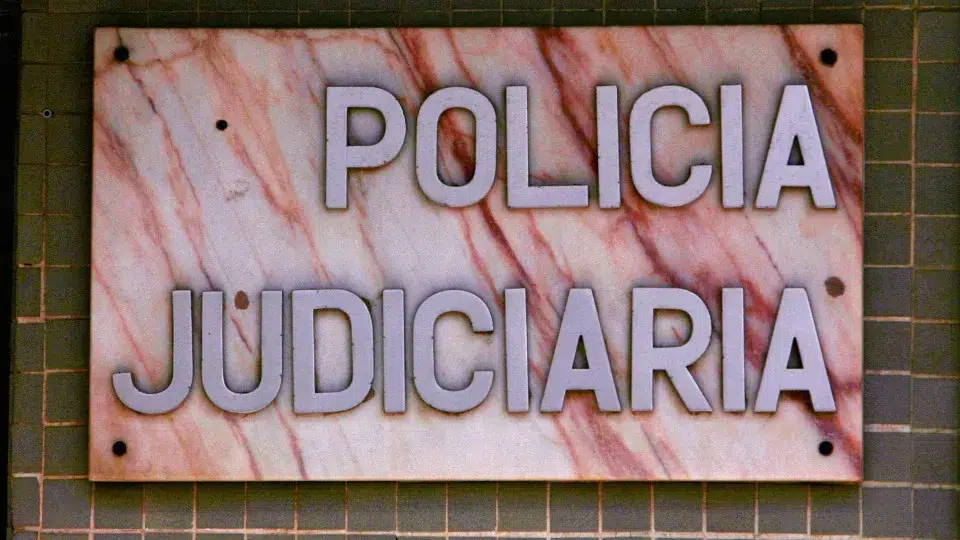
Today’s changes saw the three-month Euribor rate rise to 2.023%, remaining below the six-month (2.071%) and 12-month (2.111%) rates.
The six-month Euribor rate, which became the most used in Portugal for variable-rate housing loans in January 2024, increased to 2.071%, up 0.017 points.
Data from the Bank of Portugal (BdP) for April indicated that the six-month Euribor accounted for 37.61% of the stock of loans for primary residence with variable rates.
The same data showed that the 12-month and three-month Euribor rates represented 32.46% and 25.60%, respectively.
Over 12 months, the Euribor rate also increased, reaching 2.111%, up 0.027 points from Monday.
The three-month Euribor, which remained below 2% from May 30 to June 12, rose today to 2.023%, up 0.022 points.
In May, monthly averages for Euribor fell across all three terms, with a less pronounced decrease than in previous months, most significantly in the shortest term (three months).
In May, the average Euribor fell by 0.162 points to 2.087% for three months, 0.086 points to 2.116% for six months, and 0.062 points to 2.081% for 12 months.
At the European Central Bank’s (ECB) latest monetary policy meeting on June 4-5 in Frankfurt, interest rates were cut by 0.25 basis points, bringing the main rate down to 2%.
This reduction marked the eighth decrease since the ECB began this cycle of cuts in June 2024 and is expected by analysts to be the last of the year.
The ECB’s next monetary policy meeting is scheduled for July 23-24 in Frankfurt.
Euribor rates are determined by the average rates at which a group of 19 eurozone banks are willing to lend money to each other in the interbank market.




